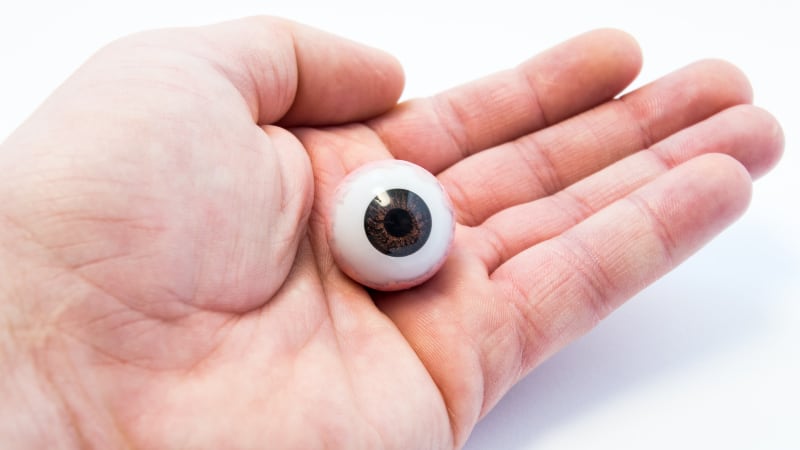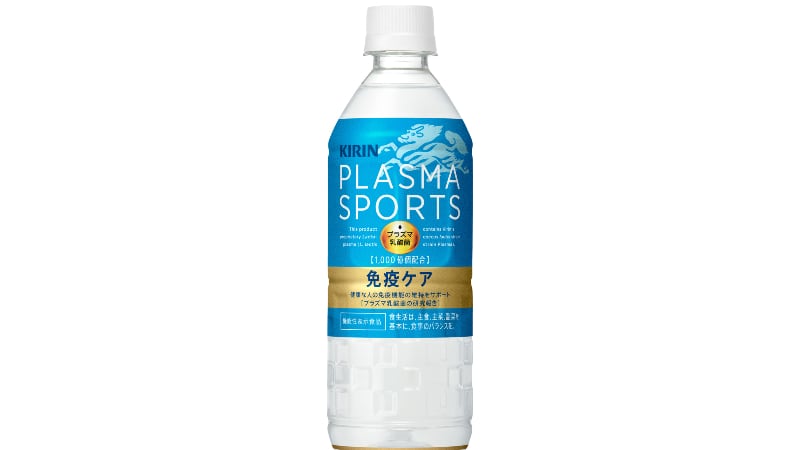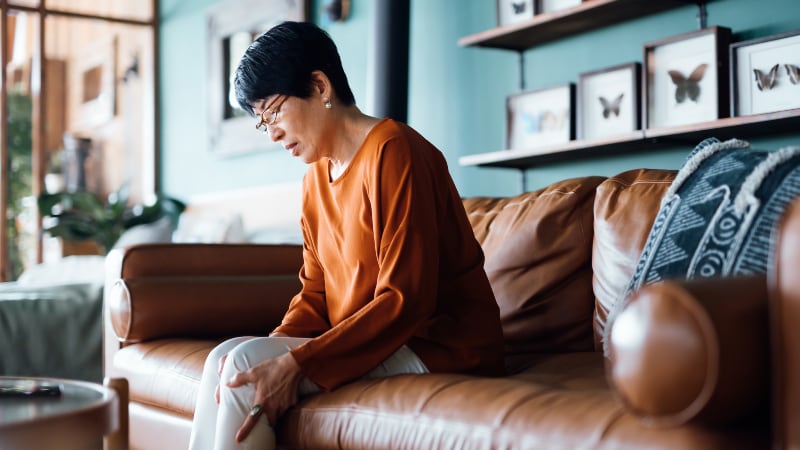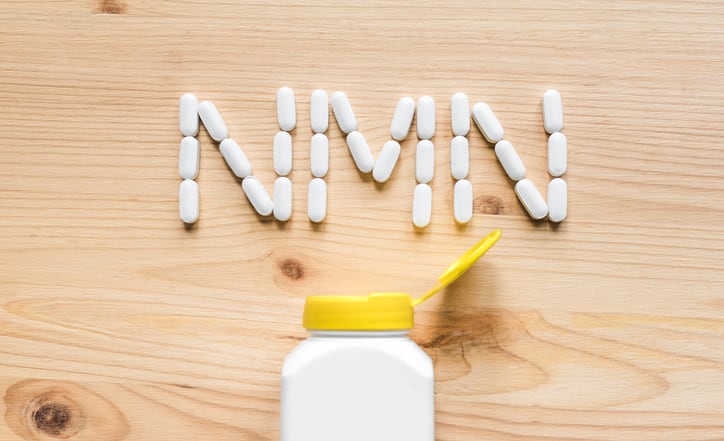Eye-hand coordination is the ability to process information received through the eyes to control, guide and direct movements of the hands.
Astaxanthin, lutein and zeaxanthin belong to a group of nutrients called carotenoids that are known to have eye-health benefits.
To investigate the effects of dietary supplementation of these three nutrients on eye-hand coordination and smooth-pursuit eye movements following VDT activity, a double-blinded and placebo-controlled clinical trial was conducted.
The research was funded by Senju Pharmaceutical Co., Ltd.
From 28 March to 2 July 2022, healthy Japanese males and females aged between 20 and 60 years were screened at the Japan Sports Vision Association in Tokyo. Those included in the study had a distant bilateral vision of 0.6 or higher, and routinely played video games, used computers or worked with VDTs.
In total, 28 and 29 participants were randomly assigned to the active and placebo groups respectively.
The active group were provided with soft capsules containing 6mg of astaxanthin, 10mg of lutein, and 2mg of zeaxanthin, while the placebo were given soft capsules containing rice oil. Both groups took the soft capsules once daily for eight weeks.
Visual functions and macular pigment optical density (MPOD) were evaluated at baseline, and at two, four and eight weeks after supplementation.
The VDT activity carried out by participants involved playing a video game on a smartphone for 30 minutes.
At eight weeks, the eye-hand coordination times in the active group were found to be shorter (21.45 ± 1.59s) than the placebo group (22.53 ± 1.76s).
Furthermore, the eye-hand coordination accuracy rate post-VDT activity in the active group was significantly higher (83.72 ± 6.51%) than that of the placebo group (77.30 ± 8.55%).
In addition, the active group observed a significant increase in MPOD, which measures the density of the macular pigment (MP) in the retina. The MP, which is composed of lutein and zeaxanthin, absorbs harmful blue light. The denser it is, the more protective role it plays.
Changes in MPOD levels between baseline and at eight weeks were notably higher in the active group (0.015 ± 0.052), compared to the placebo group (−0.016 ± 0.052).
Reaction time to visual motion stimulus was assessed via smooth-pursuit eye movements, which did not show clear improvement following supplementation in either group.
“This study supports the hypothesis that VDT activity temporarily impairs eye-hand coordination and smooth-pursuit eye movements, and that astaxanthin, lutein and zeaxanthin supplementation is beneficial in mitigating VDT-induced decline of eye-hand coordination,” the authors said.
Tackling modern woes
The use of VDTs, including computers, smartphones and tablets, has become a quintessential part of modern lifestyle.
Although these devices have brought convenience, increased efficiency and alleviated feelings of social isolation, particularly during the pandemic, prolonged VDT activity has been shown in various studies to negatively impact visual functions.
At the same time, it causes musculoskeletal symptoms, such as shoulder and back stiffness.
“Therefore, we theorise that physical functions impaired by VDT activity may decrease eye-hand coordination because the latter often involves physical actions,” the authors added.
According to previous studies, astaxanthin consumption could restore the eye’s accommodative function and improve musculoskeletal symptoms, while lutein and zeaxanthin can reportedly increase visual processing speed and contrast sensitivity — all of which influence visual-motor responses.
Moreover, there is evidence that strenuous exercise affects peripheral visual perception due to decreased cerebral oxygenation, which may in turn impair eye-hand coordination.
“As such, consumption of astaxanthin, lutein and zeaxanthin could also contribute to the performance of athletes such as tennis players, baseball players, and e-sports players,” explained the authors.
It should be noted that the study has several limitations, including the lack of dietary restrictions on the participants. This meant that they could have consumed the nutrients via their daily meals.
Also, it is unclear whether the results are due to additive or synergistic effects of all three nutrients, rather than a single nutrient.
“We believe that the combination of these nutrients is essential for the effects on eye-hand coordination because of their different mechanisms of action. However, further studies are necessary to clarify the mechanisms underlying the beneficial effects,” the authors concluded.
Source: PubMed Central
https://doi.org/10.3390/nu15061459
“Effects of Astaxanthin, Lutein, and Zeaxanthin on Eye–Hand Coordination and Smooth-Pursuit Eye Movement after Visual Display Terminal Operation in Healthy Subjects: A Randomized, Double-Blind Placebo-Controlled Intergroup Trial”
Authors: Keisuke Yoshida, et al





